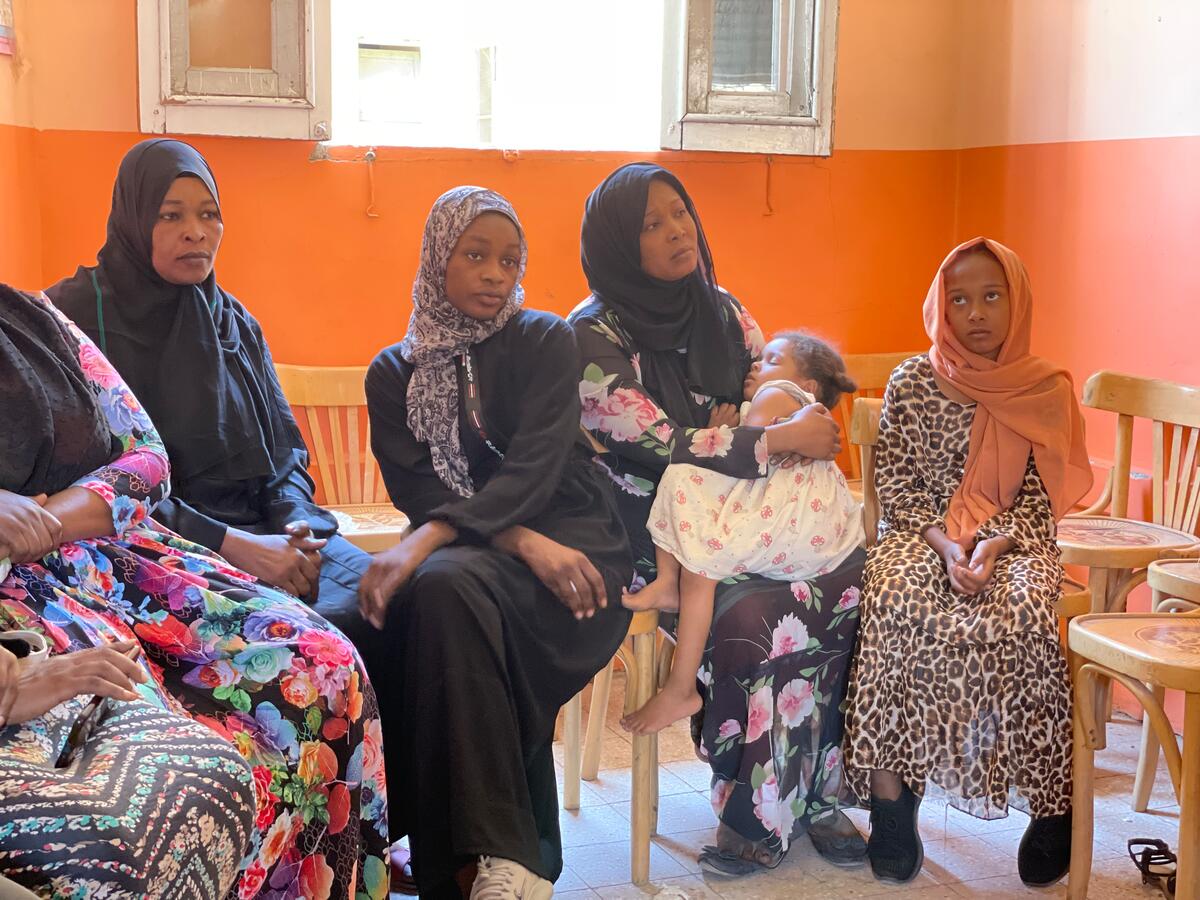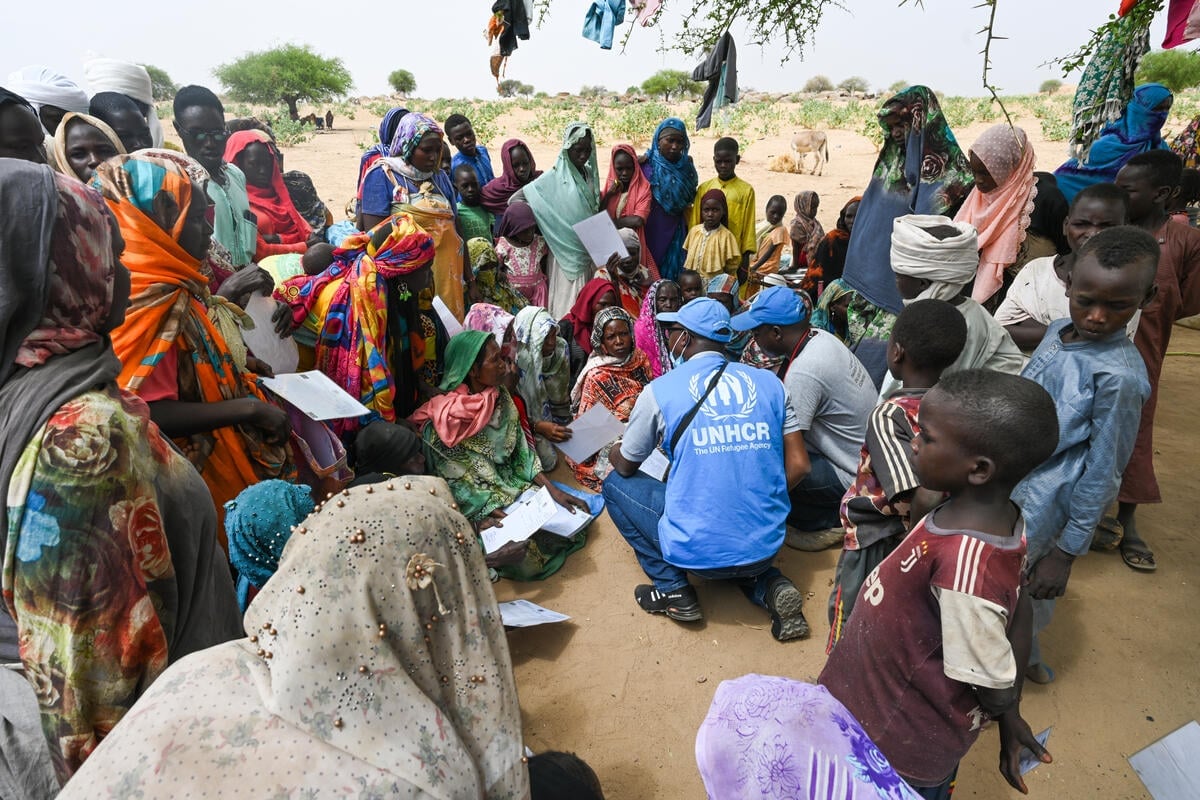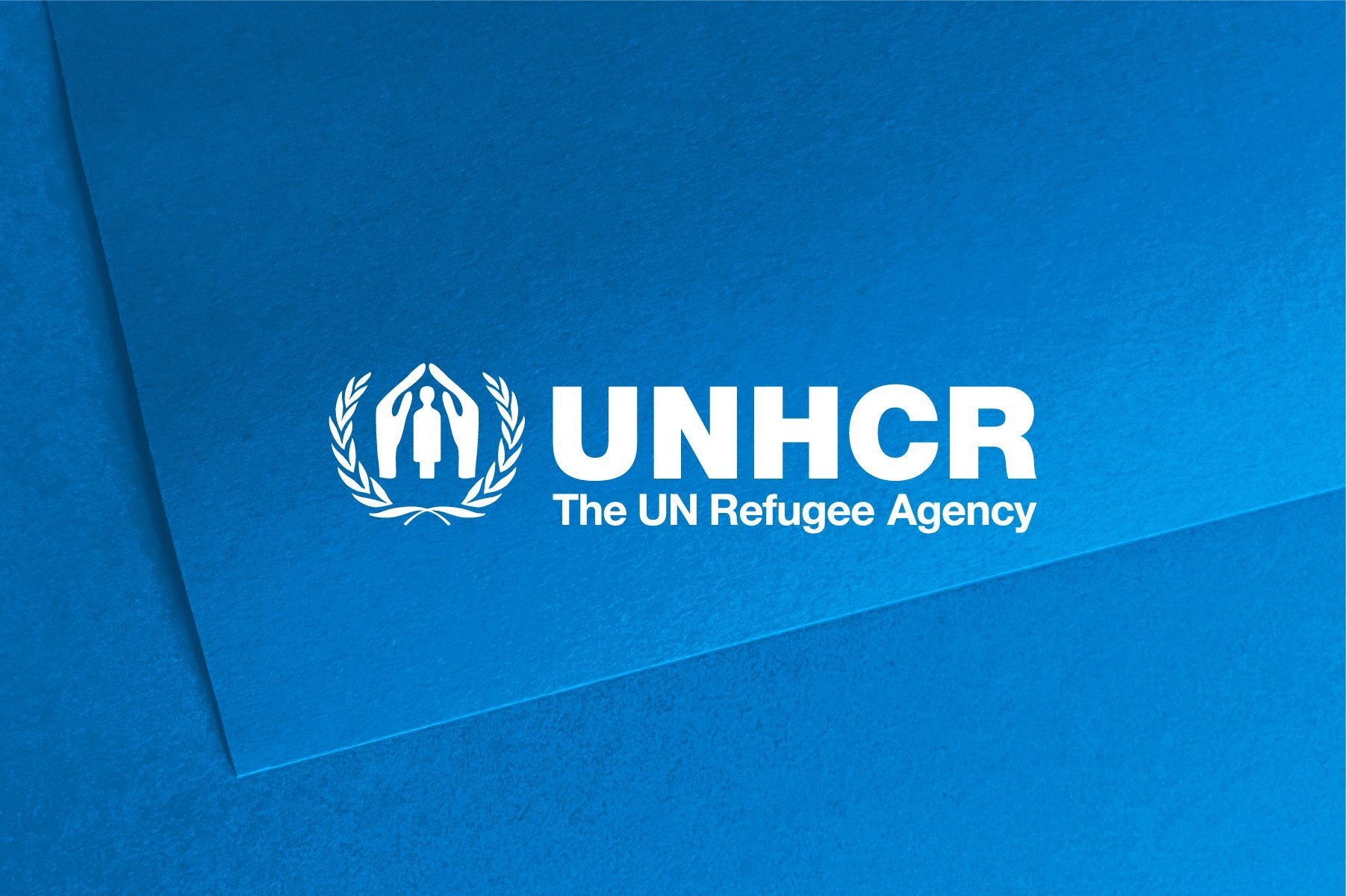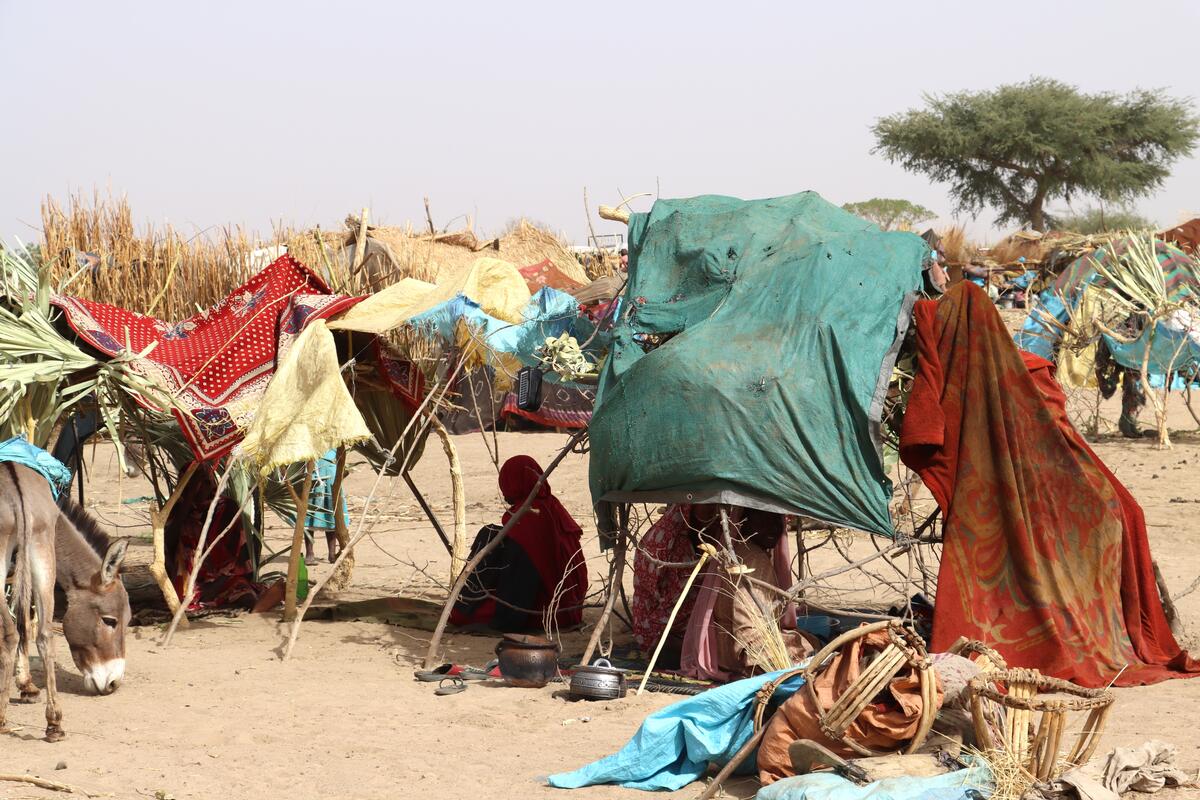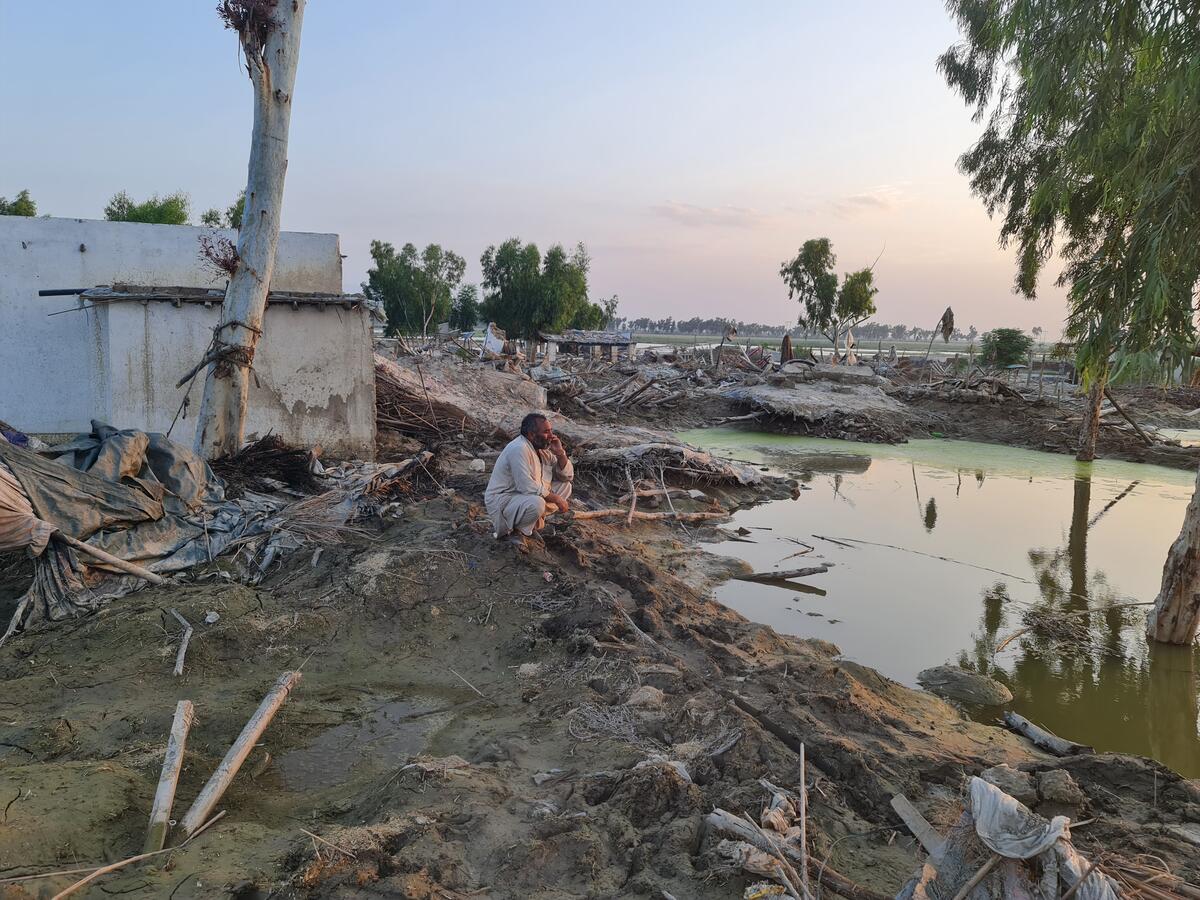UNHCR resumes repatriation in Horn of Africa
UNHCR resumes repatriation in Horn of Africa

TESSENEY, Eritrea, June 24 (UNHCR) - The UN refugee agency has resumed repatriation in the Horn of Africa, helping hundreds of refugees return home to Eritrea and north-west Somalia.
On Monday, 394 Eritrean refugees left Sudan in the first return convoy since the operation was interrupted in July 2002 by the rainy season. Scheduled to restart in October 2002, the movement was suspended when border tensions heightened between Sudan and Eritrea.
The border area remains closed to civilian traffic, but UNHCR managed to persuade the two governments to open a humanitarian corridor to allow the passage of return convoys.
Monday's convoy involved eight buses and 42 luggage trucks, which picked up the Eritrean refugees from camps close to the Sudan/Eritrea border. One of the luggage trucks carried six donkeys which the refugees brought home with them. Upon reaching a transit point at the border, their luggage was transferred to waiting trucks, and the returnees were taken to a transit centre in the Eritrean border town of Tesseney.
The returnees spent their first night in Eritrea at the transit centre, where they received an identity card and a reintegration package that consists of a cash grant, basic household supplies and a three-month food package supplied by the UN World Food Programme. Many of the returnees - mainly the elderly, women and children - are returning to areas close to Tesseney and will proceed to their villages of origin soon.
UNHCR hopes to help hundreds of Eritrean refugees return home before mid-July, when the rainy season is expected to start. Convoys should resume again in September to assist thousands of Eritrean refugees in Sudan who have registered to return home.
Since May 2001, 103,000 Eritrean refugees have returned from Sudan, more than 50,000 of them with UNHCR assistance.
Also on Monday, the UN refugee agency repatriated a group of 126 Somali refugees in Djibouti. By evening, the five-truck convoy, the second this year, had crossed into north-west Somalia, also known as Somaliland. Returnees spent the night at Garbodadar, halfway between the border and the Somaliland capital, Hargeisa.
On Tuesday, they were scheduled to leave the overnight point before dawn in order to arrive in Hargeisa before the weather got too hot. Convoys from Djibouti to Somalia are expected to move in the evening and again at dawn due to high temperatures of up to 44° Celsius at this time of the year.
Depending on weather conditions, UNHCR expects to assist the return of 5,000 Somali refugees from Djibouti, a significant increase from the 2,000 who went back last year.


